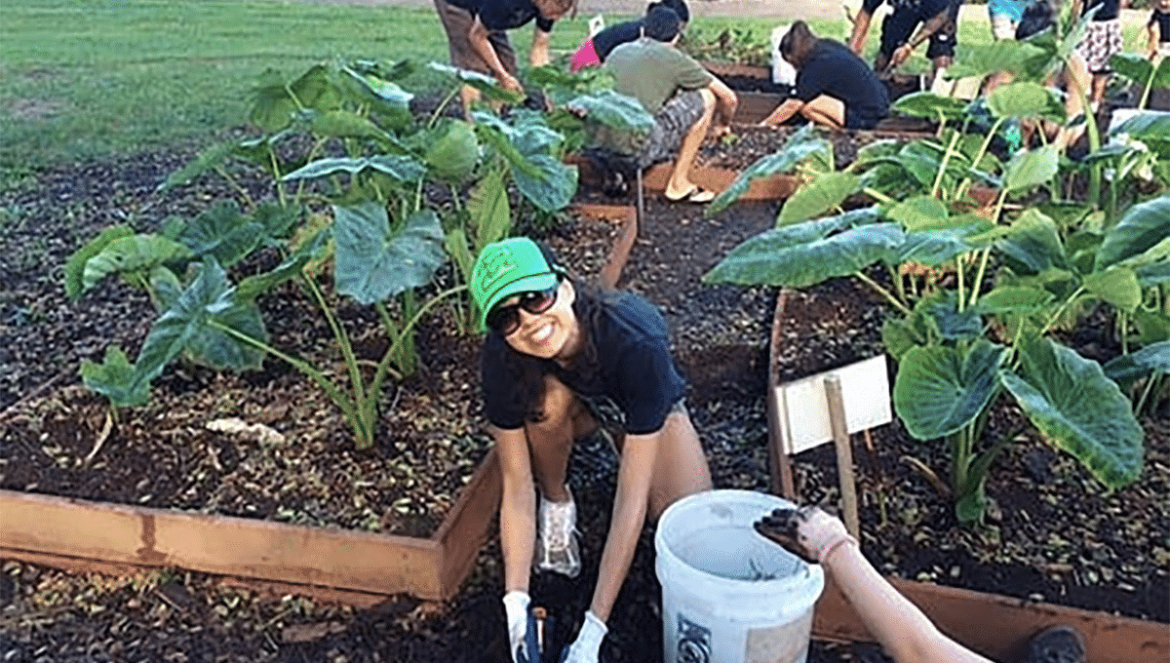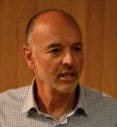Professional development often addresses different approaches to pedagogy. High school teachers have unique needs in this area as they prepare their students for the academic and life challenges that lie ahead. An approach to consider is one that offers individualized experiential learning. Students can use what they’ve learned in the classroom as they enhance life skills to prepare to transition into the “real world.” Veteran educator David Greene explains more about this idea and one group that is creating that kind of learning experience for high school seniors.
by David Greene
TWENTY years ago, kids from preschool through first and second grade spent much of their time playing: building with blocks, inventing, solving problems, drawing or creating imaginary worlds.
My second grade teacher knew the secret to successful education almost 60 years ago. She knew that learning had to be fun and had to include playful exploration. I have often told teaching colleagues how we learned about the solar system by building and hanging one from our South Bronx ceiling, or about civil rights by writing letters to President Eisenhower during the Little Rock Arkansas incident. We even received a reply and were quoted in the New York Times.
“Nevertheless, many educators want to curtail play during school,” says David Whitebread, a psychologist at Cambridge University. [Children] need to learn to persevere, to control attention, to control emotions. Kids learn these things through playing.”
What is true for 4-5 year olds is as true for 17-18 year olds. As kindergarten is a transitional year from pre-school to formal school, senior year in high school is a transition to the more advanced learning of college and life. High school seniors also “need to learn to persevere, to control attention, to control emotions.” Seniors learn these things through experiences about which they are most passionate…Play of a different sort.
We know that to succeed in college high school seniors must manage their own time, balance responsibilities, set priorities, and apply what they have learned to new situations or to solve new kinds of problems. There is no better way to transition from the authoritarian, schedule based, adult controlled, fact acquiring world of high school to the more flexible, student based, problem solving world of college than through experiential learning; what “play” was in kindergarten.
An individualized passion-driven project with a mentor’s support develops traits a successful student needs to succeed in college and beyond. In Paul Tough’s New York Times 2011 article “What If the Secret to Success Is Failure?” Angela Duckworth, of the University of Pennsylvania, states: “People who accomplished great things … often combined a passion for a single mission with an unswerving dedication to achieve that mission…” That can only be done experientially.
Imagine a high school senior’s project entitled “Under the Scars.” She says to a public audience, “The people who smile the most are the ones that cry themselves to sleep. I was the light of my high school. I was always ‘happy’.”
The public presentation of her project was “a very emotional, amazing experience. I made some people cry. I moved some people. My dad got emotional. I did, too. Many people came up to me after.”
This project gave her the opportunity to explore depression, something she suffers from, and a subject she is passionate about. It motivated her to improve her grades from 60’s – 70’s to 80’s, 90’s and 100! She is now in college and pursuing a degree in psychology, with the goal to become a psychotherapist that works with people suffering from depression.
As a result of her project she learned “There are a lot of kids in school that are depressed and no one knows” and that “WISE is a really good way to get your word out. It gives you a place for self-expression.”
That is an example from the 42-year-old WISE Program. Schools working with this non-profit organization have always known that every student’s future is at risk unless we can address their deeply personal and unique need for an individualized learning experience—one that will provide the opportunity to explore and expand those essential character traits for success.
Over 40,000 WISE seniors of all ability levels have created individualized real-world experiences exploring their passions outside the traditional classroom. They have learned to work independently and develop organizational, research, writing, and presentation skills necessary for college success as they ignite a lifetime of personal growth. More significantly, they have developed the openness, perseverance, courage, resilience, optimism, confidence, and creativity necessary for future success.
Perhaps twenty years from now we can smile and say we realized the importance of play and experience as learning tools, both for 4-5 year olds and 17-18 year olds.
David Greene is a veteran teacher, coach and a program consultant to WISE Services, a non-profit organization that helps high schools create experiential learning programs for high school seniors. He is also the author of “Doing the Right Thing: A Teacher Speaks.” To see interviews and op-eds from David Greene, visit edcircuit.com. Follow him on Twitter @dcgmentor.

